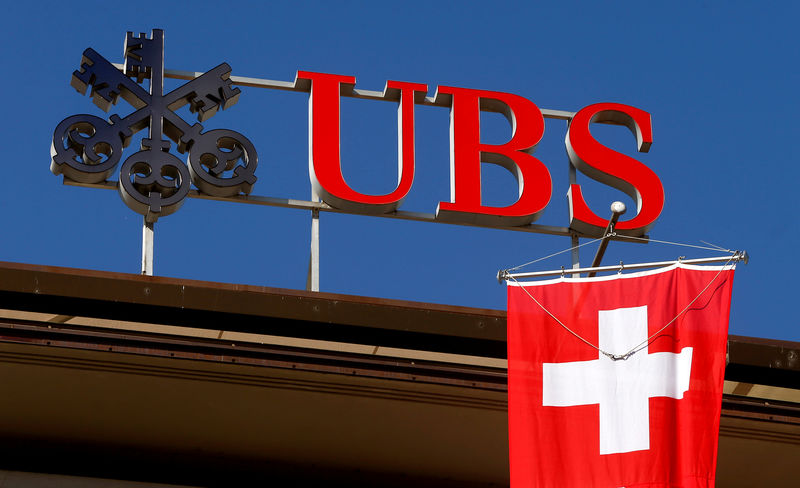Gold prices fall from record highs on Gaza ceasefire, but retain $4,000/oz level
Investing.om -- Morgan Stanley (NYSE:MS) has downgraded UBS Group AG (SIX:UBSG) to “underweight” from “equal-weight,” citing ongoing capital uncertainty and weaker earnings relative to peers, in a note dated Wednesday.
The brokerage lowered its price target on UBS shares to CHF 26 from CHF 28 and cut 2025–2028 EPS estimates by about 5% on average.
The downgrade reflects the impact of proposed Swiss regulatory capital changes, which could require UBS to hold up to $24 billion more in capital at the parent level.
Morgan Stanley previously valued UBS on a 16% CET1 ratio but has now adjusted its framework to 16.5%, factoring in up to 250 basis points of potential mitigating actions. Without these, the requirement could rise to 19%.
UBS’s buyback assumptions have been revised down to $3 billion annually from 2026, approximately 40% below consensus.
Morgan Stanley expects a total yield of around 6% over the next few years, compared to more than 9% for European peers.
At the current share price, UBS trades at 1.15x projected 2026 tangible book value and 8.5x estimated 2027 earnings, figures seen as optically low but lacking re-rating potential due to capital overhang.
The report highlights UBS’s underperformance relative to European banks, with the stock down 38% year to date against the SX7P index. Performance has been closer in line with U.S. peers, including a 5% outperformance versus the KBW Bank Index year to date.
Analysts noted that aside from capital issues, UBS also lacks exposure to favorable macro factors benefiting European banks, including higher eurozone interest rates and fiscal stimulus.
Morgan Stanley outlined several mitigating actions UBS could take to reduce its capital burden, such as upstreaming capital from subsidiaries, increasing double leverage, and adjusting the CET1 target at the parent level.
These actions could reduce the capital gap from 700 basis points to around 200 basis points, but implementation will take time and likely limit shareholder returns.
Return metrics are also expected to decline under the new capital requirements. The report estimates that each $5 billion in additional capital reduces return on tangible equity by roughly 70 basis points.
UBS’s ROTE could fall from 13.4% to 11% if required to build the full $24 billion in capital.
Despite some investor sentiment that the market had priced in the capital impact, Morgan Stanley disagrees, noting the complexity of the issue and a lack of clarity in market assumptions prior to the formal proposal.
Morgan Stanley’s valuation is based on a capital-adjusted Gordon growth model, assuming 3% growth, a return on equity of about 14%, and a cost of equity of 11%.
The brokerage sees limited upside to the stock and expects capital concerns to remain a dominant driver of sentiment.
